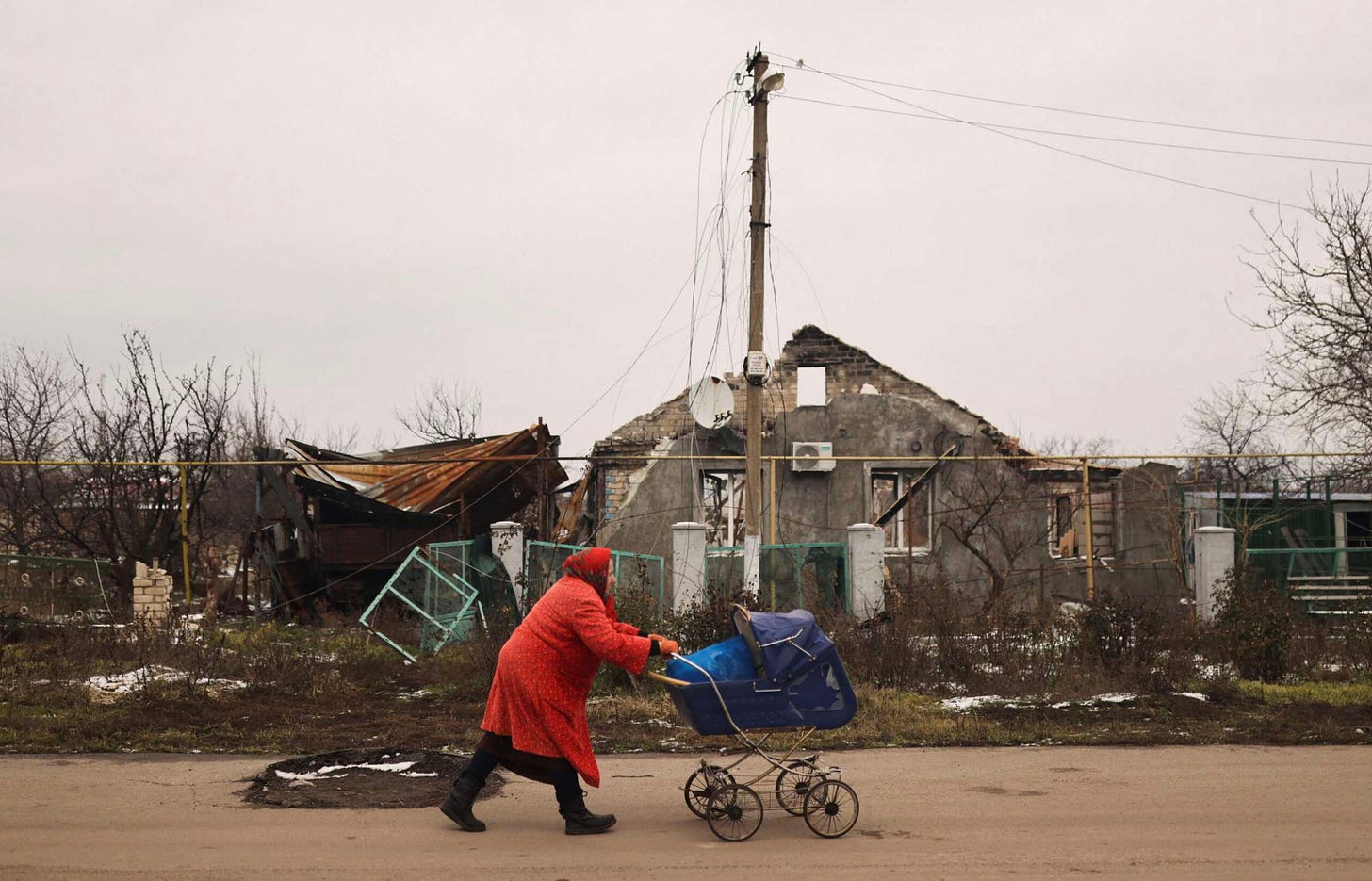In researching for my new book project, I came across Orysia Kulick’s excellent work on the relationship of gender narratives and violence—especially reports of sexual violence carried out by Russian soldiers against Ukrainian civilians, most of whom are women.
I highly recommend that you listen to Dr. Kulick’s powerful and insightful lecture on the topic, which can be accessed via YouTube under the title, “Gender and violence in Ukraine: changing how we bear witness to war.” Her YouTube presentation is based on her article with same title published in the journal Canadian Slavonic Papers/Revue Canadienne des Slavistes 64 (2022): 190–206. DOI: 10.1080/00085006.2022.2108264.

In her essay, Kulick examines Putin’s use of language—in particular, his public use of metaphors and figures involving sexual threat in his speeches and exchanges with leaders of countries he wants to subjugate—as a way to understand how “rape culture suffuses politics and especially the politics of memory in Russia.”[1] She also challenges the sufficiency of some of the common geopolitical analytic frameworks proposed to explain why Russia invaded its neighbor, as such frameworks are unable to account for the extreme cruelty and especially the documented brutal and public sexual violence of Russian soldiers against civilian women (of all ages), children, and men. As she points out, a military does not need to commit such horrific acts of violence to accomplish its geopolitical goals. Consequently, she challenges academic silence on these matters and calls for 1) more scholarly attention to the role of gender stereotypes and toxic masculinist narratives in Russian social and political discourses and 2) a closer look at how these discourses have influenced and continue to influence the extreme sexual violence of Russian combatants against civilians and soldiers in Ukraine.
In her lecture and essay, Kulick references the work of Marta Havryshko, who has also written on the difficult topic of sexual violence and rape as a weapon of war in Russia’s present war of aggression against Ukraine. I also recommend Havryshko’s important work (but extremely difficult to read because of the cruelty and violence discussed), some of which you can access here. Havryshko concludes her article with the following call for justice:
sexual violence by the Russian military in Ukraine after the start of the full-scale invasion on February 24, 2022, isn’t just a “byproduct”, i.e. the result of bad discipline, low morale, or abuse of power by individual soldiers and officers. Its systematicity, scale, organization, and forms prove the conscious and deliberate use of sexual violence to achieve the military-political goals of the Russian leadership. That’s why investigating and punishing the guilty should be a priority not just for Ukraine but also for international institutions, to help the victims, and achieve justice and durable peace.
[1] Orysia Kulick, “Gender and Violence in Ukraine: changing how we bear witness to war,” Canadian Slavonic Papers/Revue Canadienne des Slavistes 64 (2022), 191.




